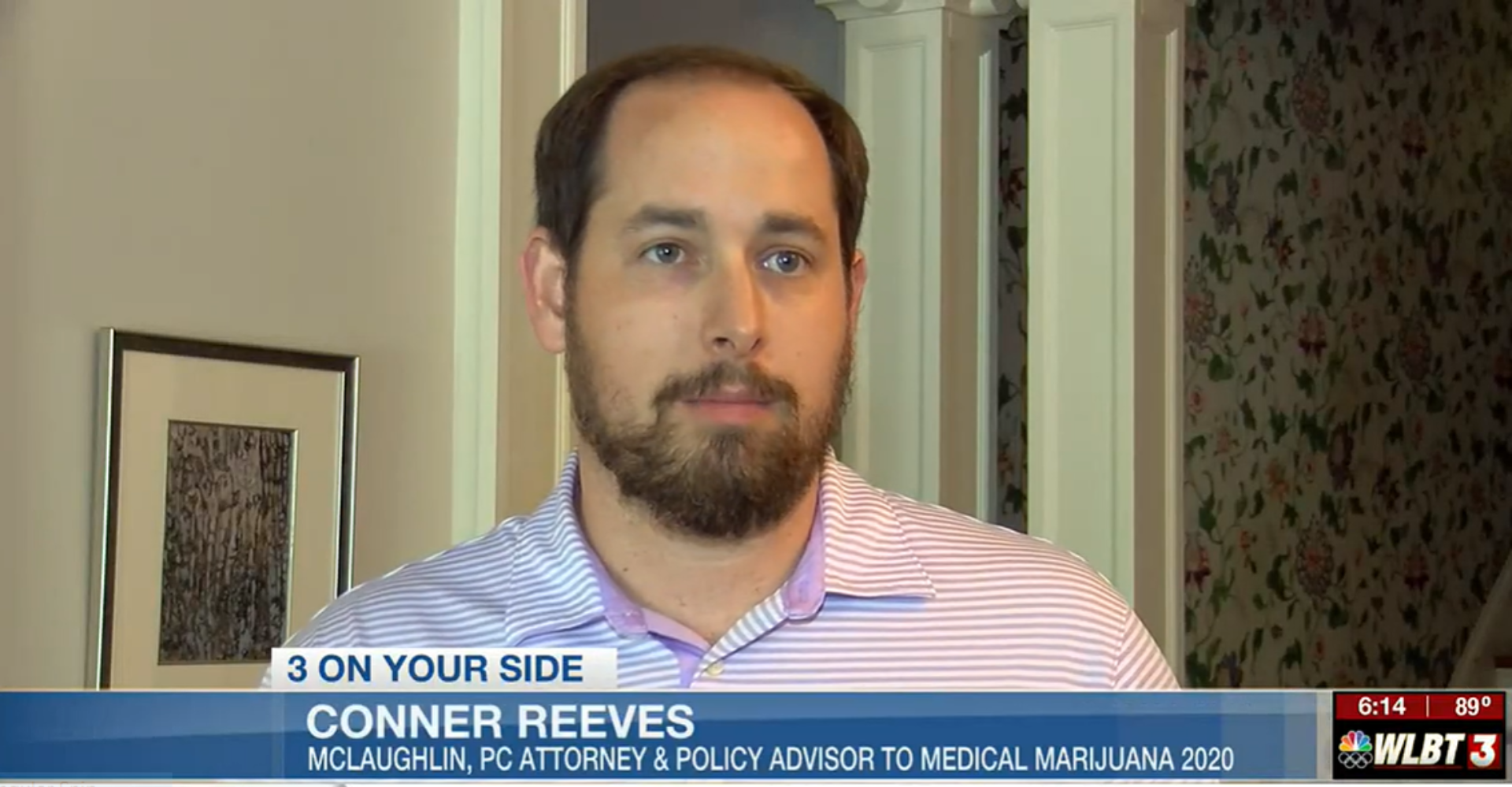
Want Startup Capital? Put Skin In the Game
In fifteen years, working with hundreds of food and beverage clients and other businesses, we've found that one of the most common hurdles to clear for a new venture is—drumroll—raising startup capital. Regardless of whether a company is a brewery five years into scale, or an early-stage, consumer-packaged product iterating at local farmers markets, raising money is a full-time job in and of itself.
There are an immeasurable number of eternal truths when it comes to raising startup capital, but one truth tends to rise above the rest for the reasons discussed below: As a founder, you must have skin in the game, meaning you must have committed your personal funds to the venture if you expect anyone else to do the same.
If you do not have skin in the game, do not expect anyone else to offer up startup capital in support of your idea. If you are unwilling to commit your own personal funds to make your idea a reality, it makes people question whether you are truly committed to executing the idea—or, instead, if you're just sort of enchanted by it.
If you are unable to commit personal funds towards the venture—meaning you can't afford it, or you don't at least have a ramen-and-tap-water plan for survival—then you are probably not ready for a startup.
Do not expect other people, whether they be mentors, advisors, financial advisors, accountants or, in our case, lawyers, to commit their time towards the venture if you do not have anything you are willing to risk. Our firm spends a great deal of "free time" with early-stage companies, but there are two boxes each must check before we agree to work with them.
- The founder must have a co-founder. (If you haven't convinced at least one other person to jump on the crazy train with you, you're not ready.)
- The startup team must demonstrate an appreciation for the value we provide.
That second one is important. We need you to recognize that a seasoned startup and emerging-company lawyer with industry experience is critically necessary to your long-term success. We have developed creative fee solutions for startup and emerging companies, but founders must recognize there is a cost for an experienced legal-service provider.
Finally, if the potential venture is ripe for venture capital investment, then, as mentioned, the venture capitalists will require founders to have personal funds at risk. It may be easy to run away from a team of venture capitalists when the company comes up against some of those "bet the company" obstacles; but it is not easy to run away if a founder has personal funds on the line or friends-and-family money on the line.
Venture capitalists are making investment decisions, in large part, on founding teams, and requiring skin in the game is one way to mitigate the risk if a founder flakes out when times get tough.
If your idea is really worth pursuing, then, at the very least, you need a friends-and-family round of financing, and even better is a savings account or nest-egg that you've committed. If you can't afford it yet, keep bootstrapping and working your day job. Save up so you've got a little something that proves you're willing to bet your own money on your idea, and that'll help encourage others to do it with theirs.





